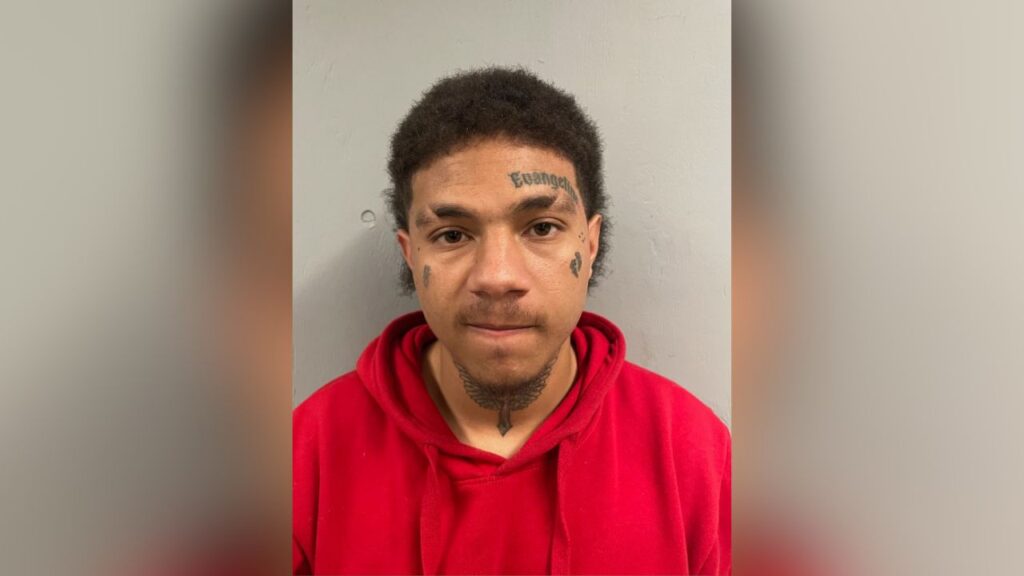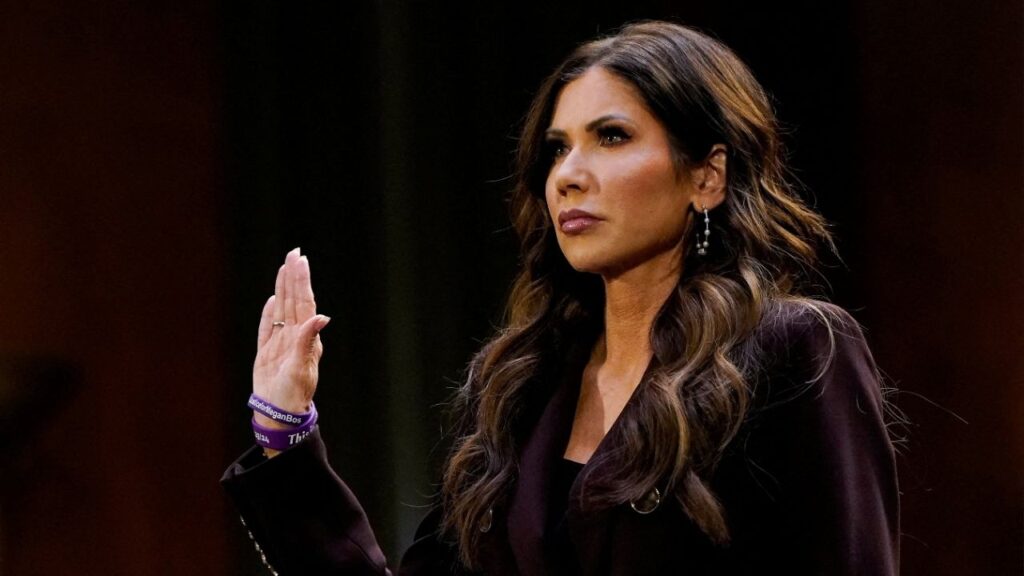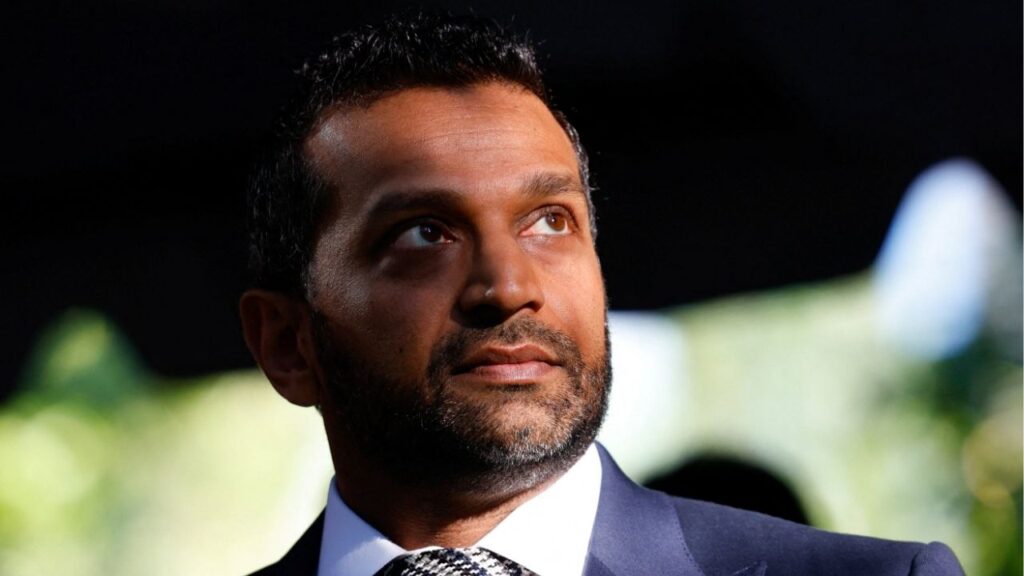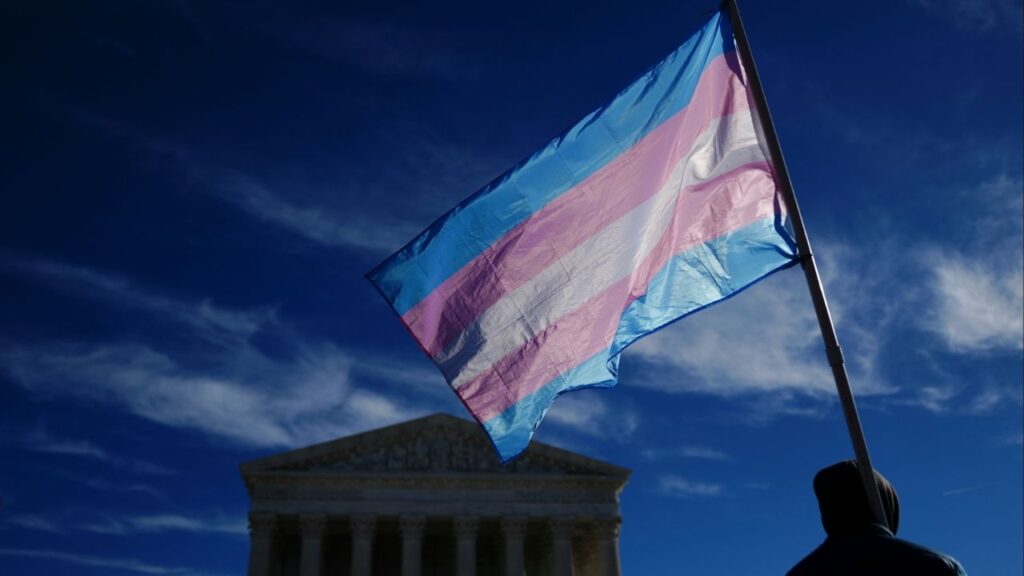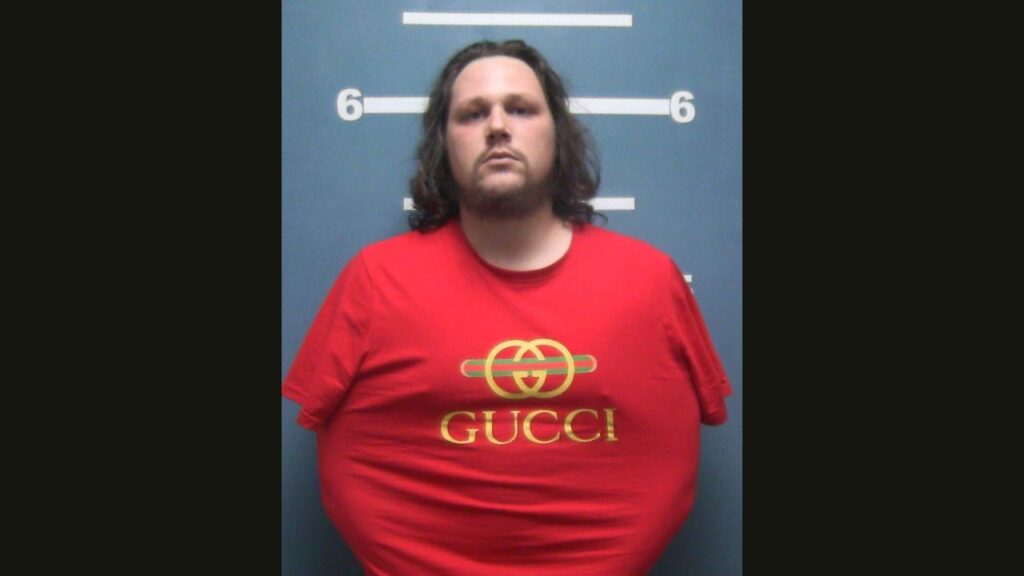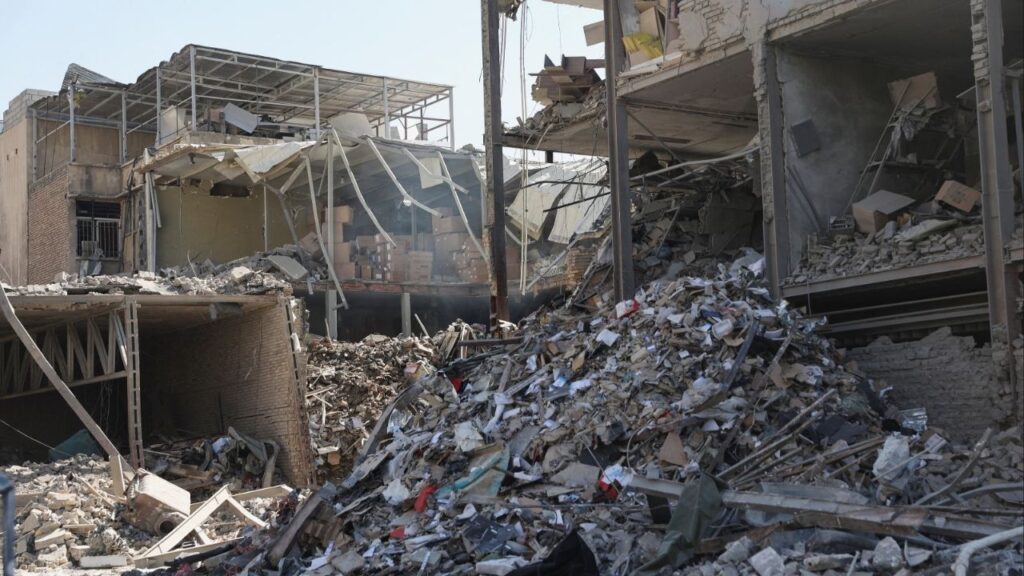Share
BEIRUT — French President Emmanuel Macron issued a stern warning to Lebanon’s political class Tuesday, urging them to commit to serious reforms within a few months or risk punitive action, including sanctions, if they fail to deliver.
Macron is on a two-day visit to Lebanon, marking the country’s centenary and holding talks with officials on ways to help extract it from an unprecedented economic crisis and the aftermath of last month’s massive blast that ripped through the capital Beirut.
“I’m here … to get results and bring about reforms,” he said Tuesday.
The visit was Macron’s second since the devastating Aug. 4 explosion — the most destructive single incident in Lebanon’s history — that killed at lest 190 people and injured more than 6,000. This time Macron’s visit, packed with events and political talks aimed at charting a way out of the crisis, also comes as Lebanon marks its 100th anniversary.
Speaking to Politico en route from Paris to Lebanon on Monday evening, Macron said he wants credible commitments from political party leaders on reforms, including a concrete timetable for change and parliamentary elections within “six to 12 months.”
The next three months will be “fundamental” for real change to happen, and if it doesn’t, Macron said he would take a different tack, imposing punitive measures ranging from withholding a vital international financial bailout to imposing sanctions against the ruling class.
“It’s the last chance for this system,” he said.
On Tuesday morning, the French president went to a forest in northeast Lebanon where he planted a cedar tree to mark 100 years since the State of Greater Lebanon — the precursor of the modern state of Lebanon — was established. Lebanon was a former French protectorate until it gained independence in 1943.

Macron Repeatedly Spoke of the Need for Change
French warplanes flew in formation, spraying smoke the colors of the Lebanese flag over the Jaj forest in the Byblos region.
During the planting ceremony, Macron hugged Tamara Tayah, an 11-year-old victim of Beirut’s port blast, whose mother, Hala Tayah was killed in the explosion.
From the forest, Macron went to the Port of Beirut where nearly 3,000 tons of ammonium nitrates stored there for six years exploded Aug. 4, killing 190 people, injuring more than 6,000 and damaging entire neighborhoods.
Macron repeatedly spoke of the need for change. Asked about the new prime minister-designate appointed Monday, he said it was a sovereign Lebanese matter but added he has to be given all the means to succeed.
Macron arrived late Monday, a few hours after Lebanon’s Ambassador to Germany Mustapha Adib was appointed by the president, Michel Aoun, to form a new government after winning the backing of major political parties and leaders in Lebanon.
But the 48-year-old diplomat, little known to the public before he emerged abruptly as a consensus candidate, faces a mammoth task and has been rejected by activists and a public demanding that long-ruling politicians stand down.
A large protest was planned later Tuesday in Beirut’s landmark Martyrs’ Square against the ruling class. “Time for accountability,” read one banner put up by demonstrators.
Macron Came To Lebanon Two Days After the Blast
France and the international community have said they will not provide financial assistance to Lebanon unless it implements reforms to fight widespread corruption and mismanagement that have brought the tiny nation to the brink of bankruptcy. Adib, a dual Lebanese-French citizen, promised to carry out the mission as he prepared to form a new Cabinet, saying he will work on reaching a bailout deal with the International Monetary Fund.
The IMF welcomed Adib’s nomination, hoping a new government will be formed shortly “with a mandate to implement the policies and reforms that Lebanon needs to address the current crisis and restore sustainable growth.”
In a step aimed at showing Lebanon is moving ahead with reforms, outgoing Finance Minister Ghazi Wazni on Tuesday signed three contracts related to a forensic audit of Lebanon’s central bank accounts to determine how massive amounts of money were spent in this nation plagued by corruption.
After landing Monday night, Macron went straight to meet the country’s top diva, Fairouz, at her home near Beirut. He later met with former Prime Minister Saad Hariri.
Macron came to Lebanon two days after the blast, getting a hero’s welcome in one of the damaged neighborhoods amid absence by local leaders.
During last month’s visit, Macron warned Lebanon’s political class that he wouldn’t give “blank checks to a system that no longer has the trust of its people.” He called on them to create a “new political order.”
Lebanon has one of the highest debt ratios in the world standing at 170% of GDP and defaulted on paying back its debt for the first time in March. Seventeen rounds of talks between the IMF and the former government, which resigned six days after the blast, did not lead to a breakthrough.
RELATED TOPICS:
Categories
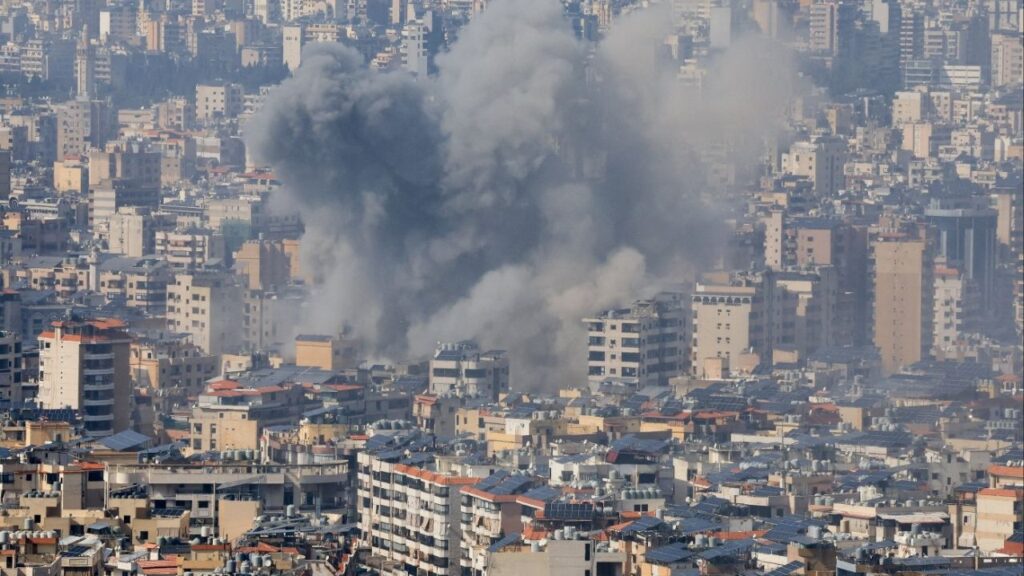
Lebanon Sucked Deeper Into War as Hezbollah, Israel Trade Blows
